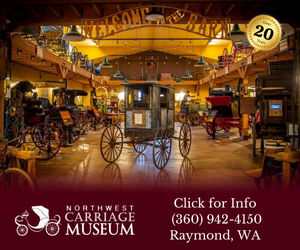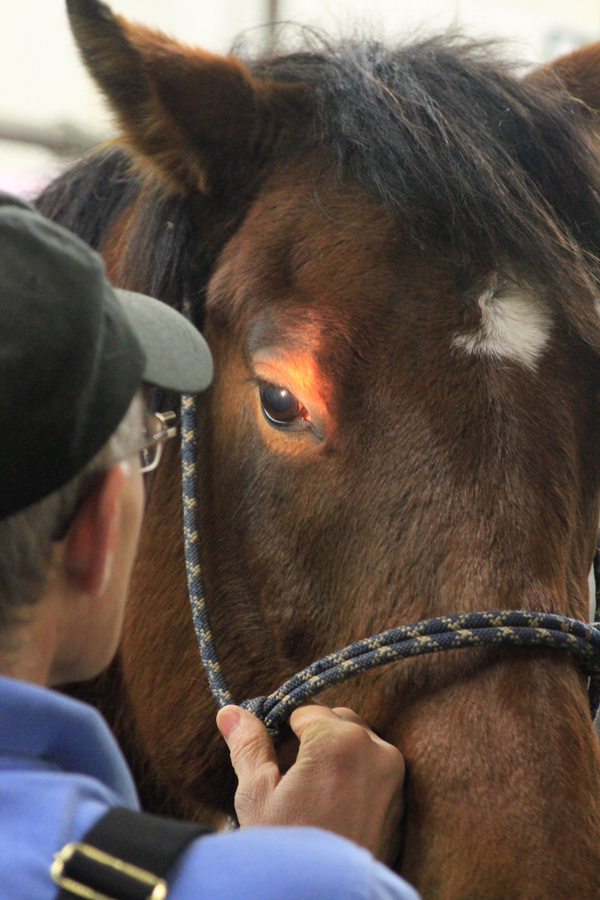The Four Rules of Horse Buying
by Don Blazer, Horse Courses Online
To buy a good horse—the best horse for you—it’ important to use a little horse sense and not let emotion get the best of you. Before you start shopping, determine what you want; write down the requirements. Your list should include breed, age, size, amount of training, color, sex, price and suitability for performing in your area of interest. Knowing what you want provides direction for the search.
Bargain horses usually aren’t bargains so beware of sad stories, auctions and the fast deal. Your horse may be anywhere, but there is a good chance he is with a professional trainer who specializes in your area of interest. A well-known trainer has a reputation to protect and seldom, if ever, will let you get stuck with a bad horse. Make appointments to see horses which fit your criteria and then go see them—all of them. The first horse you see may be the one you want, but see the others so you’ll know what you don’t want.
Here is the first rule of buying: Follow your heart. You will know almost instantly upon seeing a horse if it is one you should consider. If your heart says yes, and the next four tests are passed, this is your horse. If there is the slightest doubt in your heart after those tests, this is not your horse. Be patient.
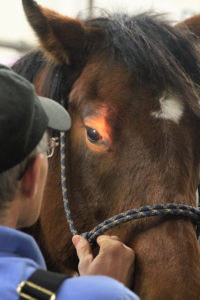 Second rule: Study the person selling the horse and the horse’s surroundings. If the seller is neat, clean and takes some pride in himself and his facility then he probably cares for his horses in the same manner. Ask to see the horse in his stall or pen. Wood chewers and cribbers leave tell-tale signs. So do weavers, stall walkers and hole diggers. Bad habits are physically hard on a horse’s condition and health, and they are always hard to break.
Second rule: Study the person selling the horse and the horse’s surroundings. If the seller is neat, clean and takes some pride in himself and his facility then he probably cares for his horses in the same manner. Ask to see the horse in his stall or pen. Wood chewers and cribbers leave tell-tale signs. So do weavers, stall walkers and hole diggers. Bad habits are physically hard on a horse’s condition and health, and they are always hard to break.
Ask to see the horse turned out so he can run free and you can see how he moves and uses his body. The horse should be happy to see people, be curious but not jumpy. He should have a clear, bright eye and should be smoothly put together. Conformation faults or less than desirable traits for the performance which interests you can be pointed out during a vet check.
The third rule: or test involves performance ability and training. Of course, if you are looking at a horse not yet trained to a saddle you won’t be riding, but you can observe the horse’s ground manners for basic handling like grooming and longing. If the horse is performance trained, the seller may wish to ride first and show off its talents. This is fine because it gives you another chance to make some observations. If the seller is a bad rider, chances are the horse has had a bad start and requires re-schooling. You don’t want that bundle of trouble.
If you decide to ride, note how responsive the horse is to your cues and how relaxed it is performing. You want a partner with a good attitude and a willingness to learn. If the horse is already a champion you want a pleasant attitude to go with his performance record.
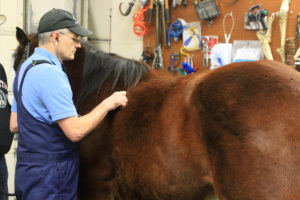 The fourth test: is the vet check. You only want to know a few things: How is the horse’s breathing, his heart and does he have obvious soundness problems? Look at the horse’s shoes. Special shoes mean special problems. If there are soundness issues, you want to know how to manage them. Don’t ask for and don’t accept a pass-fail examination. You want information to consider, not someone else’s choice of horse. There is no way to predict the future or the soundness of a horse so don’t try.
The fourth test: is the vet check. You only want to know a few things: How is the horse’s breathing, his heart and does he have obvious soundness problems? Look at the horse’s shoes. Special shoes mean special problems. If there are soundness issues, you want to know how to manage them. Don’t ask for and don’t accept a pass-fail examination. You want information to consider, not someone else’s choice of horse. There is no way to predict the future or the soundness of a horse so don’t try.
The final step: to buying your horse is price. You set the price before looking so there should be no question now. Don’t over-extend yourself financially. On the other hand, if you can afford it remember that a horse is worth exactly what you believe its worth. There’s no price limit on perfect friendship.
For more information about buying and selling horses, enroll in the online course, The Business of Making Money with Horses, written by the late Don Blazer, and taught by Eleanor Blazer. Visit www.equinestudiesinstitute.com to earn certification as a horse trainer, riding instructor or stable manager.
Published in March 2016 Issue
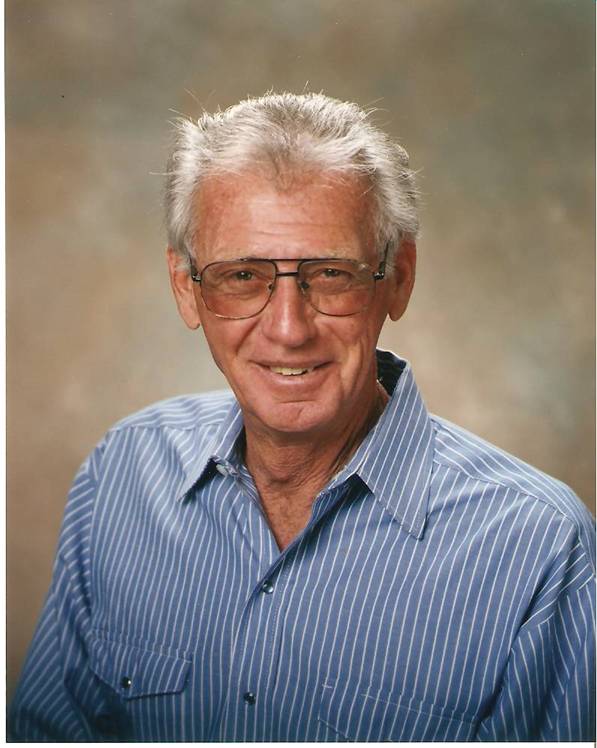
Don Blazer developed and taught the course The Business of Making Money With Horses for www.horsecoursesonline.com, the worldwide leader in online equine curriculum. Also the author of the syndicated columns “A Horse, of Course” and ”Making Money with Horses”, Don lost his battle with lung cancer on April 7, 2014. However, the horse community is grateful that his wisdom lives on through the wealth of books and articles he wrote over the years.


